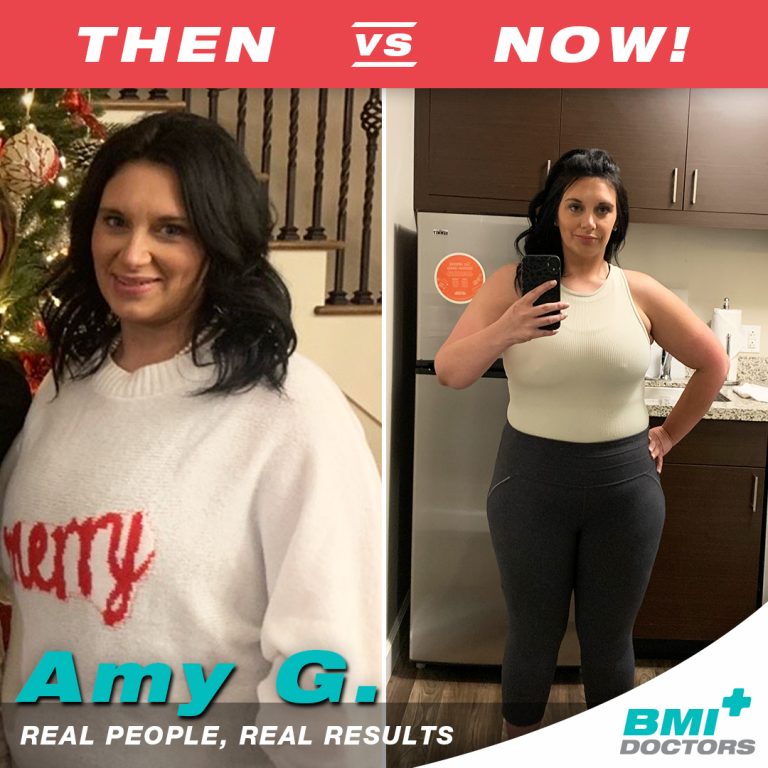Home > Medical Semaglutide Requirements And Exclusions
Semaglutide Requirements: Who Qualifies?
Semaglutide is a prescription medication, often used for weight loss and obesity management.
As a glucagon-like peptide-1 (GLP-1) receptor agonist, it works by suppressing appetite, making you feel fuller, and slowing digestion. However, understanding the Semaglutide requirements is crucial to determine who can take Semaglutide safely.
Semaglutide BMI Requirements
Your calculated body mass index (BMI) is a key factor in deciding if this medication is right for you. Here’s what you need to know:
- BMI 30 or higher (obese): You are generally eligible.
- BMI 26.9 or greater (overweight): You may be eligible if you also have a weight-related condition like high blood pressure or type 2 diabetes.
- BMI less than 27: You are not eligible according to FDA guidelines.
To help you better understand if Semaglutide is right for you, we’ve created clear guidelines for who qualifies for Semaglutide and who does not.
Who Can Take Semaglutide?
To qualify for this weight loss program, you must meet the BMI requirement and these additional requirements for Semaglutide:
- Age: Be at least 18 years of age.
- Health Conditions: Some underlying health issues may make you eligible for Semaglutide, such as type 2 diabetes or obesity.
- Medical History: Not have a family history of certain medical conditions (see below).
Who Can Not Take Semaglutide?
Certain medical conditions may disqualify you from Semaglutide injection treatment. These Semaglutide exclusions include:
- Pregnancy or breastfeeding
- Diabetes I or II
- Diabetic retinopathy
- Low blood sugar
- Gallbladder disease
- Pancreatis
- Severe kidney problems and kidney removal
- Personal or family history of medullary thyroid cancer
- Multiple Endocrine Neoplasia syndrome type 2
- Hypoglycemia
- Anaphylactic reactions and angioedema
If you have any of these conditions, it’s essential to discuss alternative weight loss options with your doctor.
Understanding the Risks and Side Effects of Semaglutide
Semaglutide is a safe and effective medication, but it’s important to be aware of potential side effects:
- Nausea
- Diarrhea
- Vomiting
- Constipation
- Abdominal pain
Less common but more serious side effects can include pancreatitis, gallbladder problems, and changes in blood sugar levels. Your doctor will discuss these risks and benefits with you before prescribing Semaglutide.
Drug Interactions
Understanding the Semaglutide prescription requirements is important, as is being aware of potential drug interactions.
- Metformin: Semaglutide and Metformin can be taken together safely.
- Sulfonylureas or Insulin Secretagogues: Taking these with Semaglutide may increase the risk of hypoglycemia (low blood sugar).
Your safety is important to us. For complete details on Semaglutide drug interactions, visit our Semaglutide drug interactions page.
We minimize side effects through consistent communication and regular check-ins. If needed, our doctors will quickly adjust your plan to ensure your comfort and success. Our team is dedicated to helping you achieve your weight loss goals in a safe and healthy way.
Before & After Photos of BMI Patients





What Makes Us Different
Comprehensive Lab Testing:
Every plan includes a Quest Diagnostics blood test to ensure safe and effective treatment tailored to your health. Most other practices do NOT offer lab testing.
Real Consultations with Board-Certified Doctors:
Unlike others, we provide one-on-one consultations—not just a questionnaire. That means you will actually meet with one of our Doctors. This does NOT happen with most high-volume practices.
Personalized, High-Quality Care:
Our Doctors make sure that GLP-1 medications are right for you. We prioritize safety and sustainable results over speed or volume.
From Weight Loss to Herbal Relief: How Semaglutide and Kratom Are Shaping Modern Health Trends





